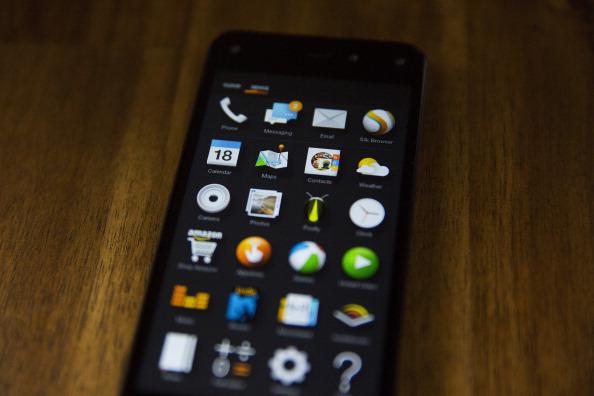The Supreme Court ruled this morning that police must generally obtain a warrant to search the contents of a cellphone or personal electronic device even if the device is in the possession of someone who’s just been arrested. From the National Journal:
In his opinion, Chief Justice John Roberts said the contents of a person’s phone are protected under the Fourth Amendment.
“Modern cell phones are not just another technological convenience,” Roberts wrote. “The fact that technology now allows an individual to carry such information in his hand does not make the information any less worthy of the protection for which the Founders fought. Our answer to the question of what police must do before searching a cell phone seized incident to an arrest is accordingly simple—get a warrant.”
The Court’s vote on the issue was unanimous, though Justice Samuel Alito filed a concurring opinion. Per SCOTUSBlog, it had seemed possible that the court would decide that phones could be searched without warrants for evidence strictly relating to the cause of a suspect’s arrest. But this ruling, in the blog’s words, is instead a “sweeping endorsement of digital privacy.”
Warrantless searches will be allowed, SCOTUSBlog writes, in narrow emergency circumstances such as “child abduction and the threat of bombs being detonated.”
